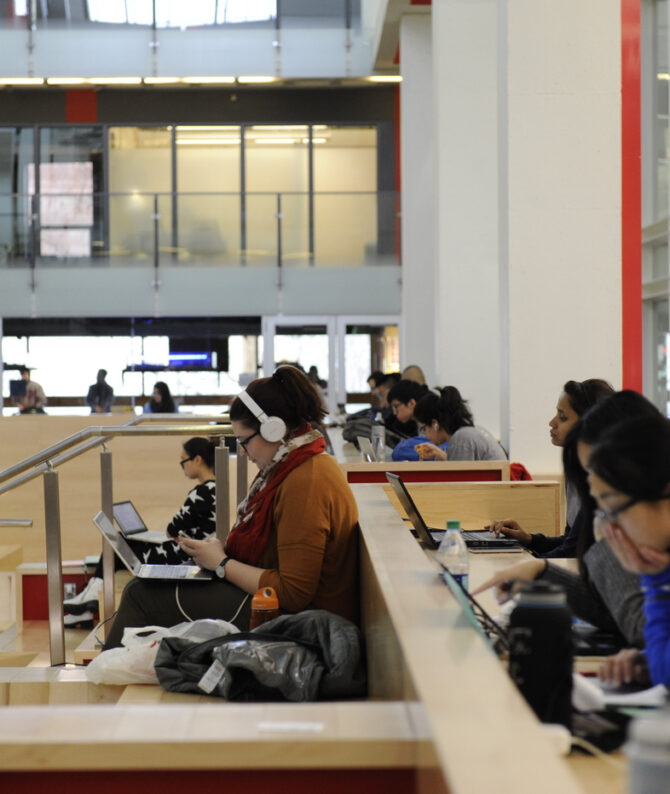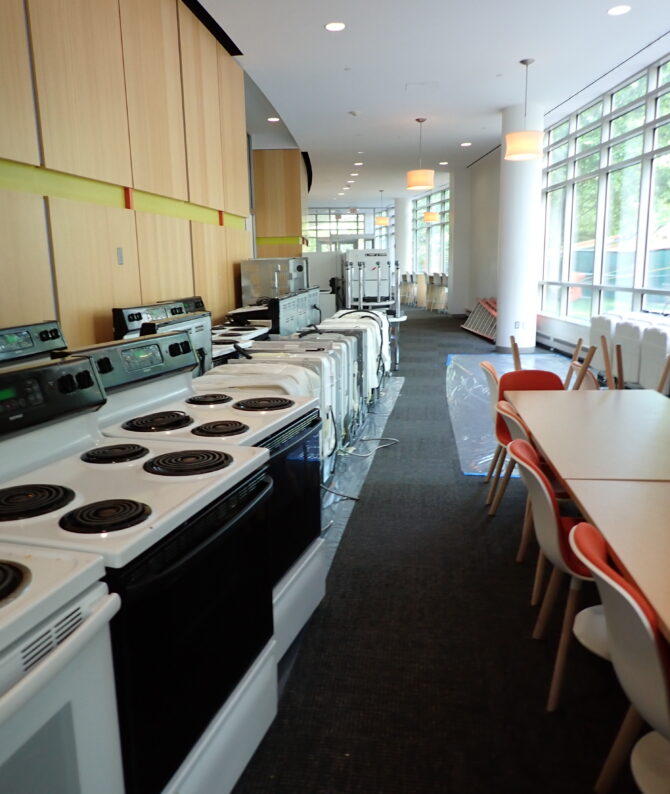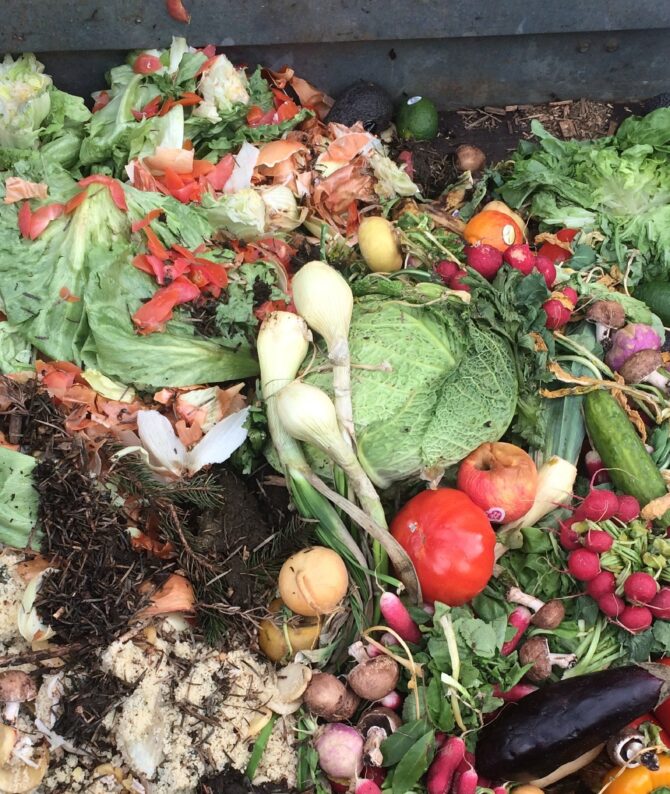Students Experience Sustainability in Action on Alternative Spring Breaks
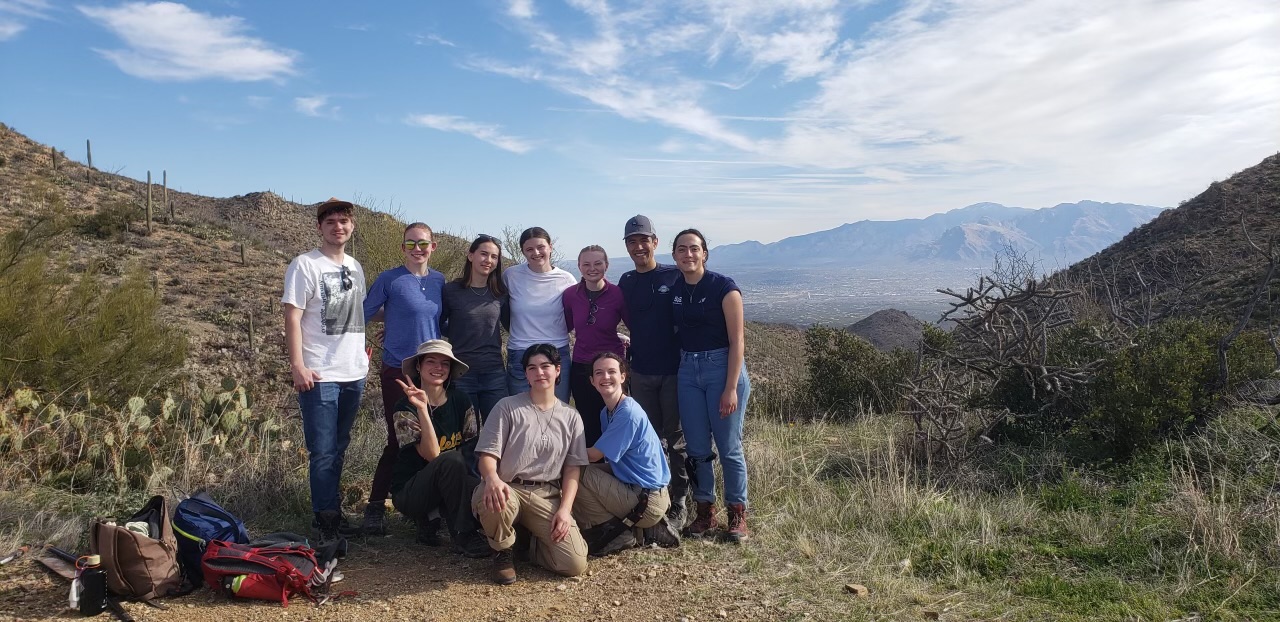
Larissa Steiner, a first-year health science major, woke up at 5 a.m. every day during her Spring break. She was camping at Saguaro National Park in Arizona as part of an Alternative Spring (ASB) Break organized by the Office of Community Service and Civic Engagement. Every morning she would watch the sunrise and prepare to spend the day maintaining trails and exploring the park.
Along with eight other students, she volunteered with the National Park Service and learned from rangers about preservation vs conservation and the importance of protecting the environment.
“I wanted to explore the national park and be outside and be able to give back to something that I love,” Steiner said.
The trip was led by the two team leaders, Jason Denoncourt and Madeleine Elsea, and university representative Melanie Diaz from the Student Support Initiative accompanied them. They camped at Gilbert Ray Campground and had a small stovetop to cook meals. Elsea enjoyed going to see the picturesque Mount Lemmon and taking time to explore the surrounding areas as a team after their service.
Clearing and maintaining trails is essential to keeping visitors on the designed paths and preventing damage to the surrounding wildlife and ecosystems. The team learned from Park Ranger Ramon, the first trail master from a nearby reservation, and discussed the historically tense relationship between indigenous communities and the ark service.
“It was really interesting to hear his take on the positive changes happening, especially with the younger generation of park rangers leading the charge to make parks more accessible, particularly for native communities,” Denoncourt said. “It was great to hear.”
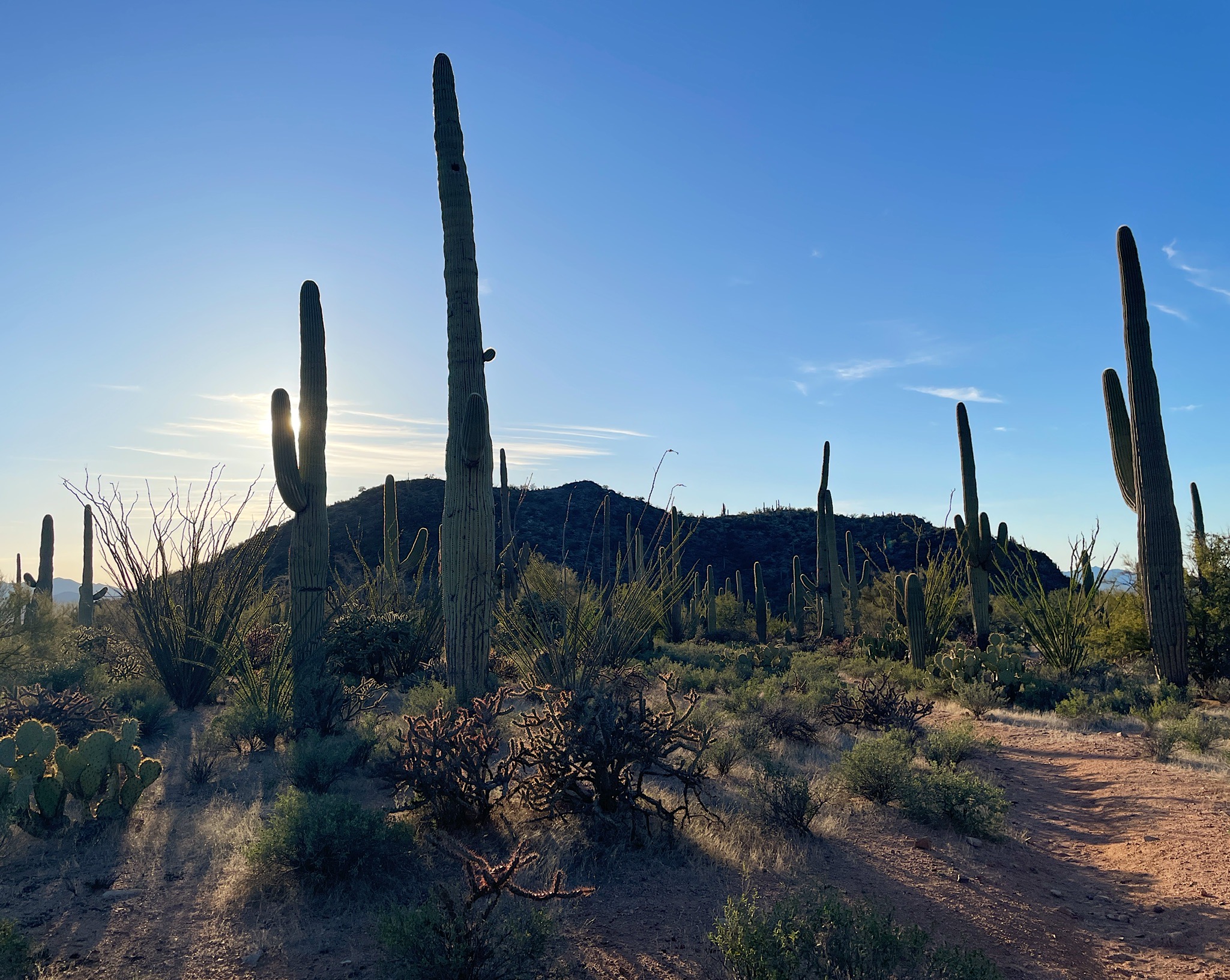 |
Denoncourt’s favorite part of the trip was seeing the petroglyphs on Signal Hall, which are images carved into rocks and learning about the history behind them from the Park Rangers. One of their main topics of discussion and education was the difference between conservation and preservation as well as how to protect the land for future generations.
“I think one thing we talked a lot about, were kind of two debating sides of conservation and preservation work, which is leave no trace versus leave it better than you found it. And we talked about those two concepts that kind of parallel each other, but also kind of contradict each other,” Madeleine Elsea said.
The team leaders hope that attendees not only continue to think about what they learned during the trip but also stay close as a group of friends. After a long day of working, the group would spend time together reflecting, stretching, playing games and hanging out.
Another team went to Wildersville Tennessee and volunteered with the American Hiking Society. They also helped maintain trails and worked closely with two park rangers. Erin Curley, the Assistant Director Community Service and Civic Engagement at Northeastern University and leader of the ASB trips said that during their trip, the students learned about trail design and community engagement, according to Curley, who praised the Rangers for their ability to facilitate dialogue with team leaders and students. While much of the work involved trail maintenance, the ultimate goal was to create accessible and safe outdoor spaces for people to enjoy.
On one rainy day, students painted and repaired the educational facility on site. Outside of service, students went kayaking, hiking and had the opportunity to explore downtown Nashville. Sarah Haas from the Honors Program was the university representative attending the trip.
“I think the Rangers do a really good job of engaging in dialogue with the team leaders and the students around,” Curley said. “So much of what they’re doing is maintaining trails and doing like maintenance work, but that then supports the larger goal of [allowing] people to have meaningful experiences outdoors and to feel like they have a place to do that that is safe and accessible to them.”
Curley noted that while these two trips specifically focused on hands-on environmental conservation experience, all the trips incorporate ideas of sustainability, such as food recover, recycling, and social justice for example, some students traveled to the Dominican Republic to work with community organization 7 elements, while others traveled to Washington DC to volunteer with an organization combatting food insecurity and poverty. In Texas, students helped rebuild and repair a camp for children with chronic illnesses.
In addition to yearly Alternative Spring Breaks, Alternative Weekends also provide students with the opportunity to travel for a long weekend to somewhere in New England. In fall 2022, students did environmental conservation at Prescott Farms in New Hampshire and worked with the Woodstock Farm Sanctuary in High Falls New York.
Next year, the office plans to provide more environmentally focused Alternative Weekends and breaks as well. Until then, Curley hopes that students will be able to engage with sustainability in Boston. The office of Community Service and Civic Engagement can connect students with local organizations that align with their interests.
Curley encourages students to keep up with the office through their Instagram (@nucommunityservice) and subscribe to their weekly newsletter to receive local volunteer opportunities. For people interested in supporting the office’s work, they can donate here.
Written by Renée Abbott, April 14th, 2023

